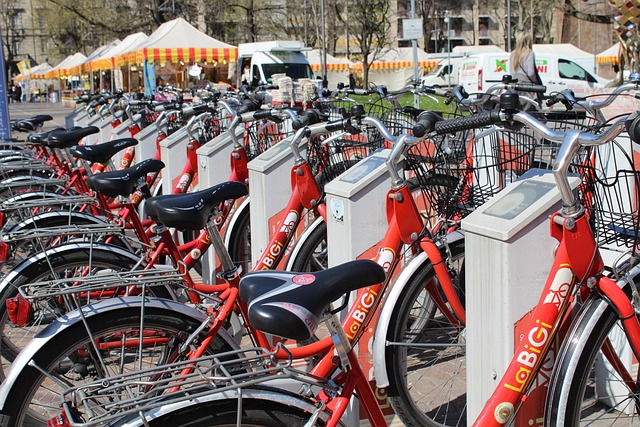Transforming Rural Development: The Power of Sustainable Transport in Green Energy
As the world increasingly acknowledges the climate crisis, the focus on sustainable transport has never been more critical, especially in the context of rural development. Often overlooked, rural areas stand to benefit immensely from the integration of green energy solutions into their transport systems. By embracing sustainability, these communities can transform not only their transportation options but also their entire economic landscape.
The Importance of Transport Sustainability
Transport sustainability refers to creating transport systems and solutions that meet today’s mobility needs without compromising the ability of future generations to meet theirs. It encompasses the principles of reducing emissions, enhancing energy efficiency, and promoting social equity. While urban centers typically have access to cutting-edge sustainable transport solutions, rural areas often lag behind, relying on fossil fuel-dependent methods of transport.
Incorporating sustainable transport in rural development can make a significant impact. For example, electric vehicles (EVs) powered by renewable energy sources can replace diesel trucks that currently dominate rural roads. This not only reduces the carbon footprint of transportation but also brings about economic savings and improved air quality.
Rural Development through Green Energy Initiatives
Rural development entails enhancing the economic and social well-being of communities. Sustainable transport can play a key role in this process. By developing infrastructures such as bike lanes, public transportation options, and EV charging stations powered through local solar panels or windmills, rural areas can foster greater connectivity and accessibility. Such initiatives not only support local economies but also promote healthy lifestyles.
Furthermore, the adoption of sustainable transport can lead to job creation and skills development within rural communities. Local residents can be trained in the maintenance and operation of green transport technologies, helping to create a resilient workforce equipped to handle the demands of a low-carbon economy.
Creating Vibrant, Sustainable Communities
The integration of sustainable transport into rural development strategies fosters an interconnected community. When transportation becomes more efficient and environmentally friendly, residents can access educational opportunities, healthcare services, and jobs more easily. This connectivity empowers individuals and families, ultimately leading to enriched community lives.
Enhancing rural transport not only brings immediate benefits but also future-proofs these communities against environmental changes. By investing in sustainable transport, rural areas can build a foundation for a prosperous and resilient future, aligning with global efforts to combat climate change.
Embracing Change for a Sustainable Future
As we stand at the crossroads of a climate-impacted reality, the potential for rural communities to harness the power of sustainable transport becomes imperative. Each step towards greener, cleaner transportation systems is a step towards ensuring a sustainable future for the next generation. We must recognize and support the transformative impacts of sustainable transport not just as a necessity for urban regions but as a vital component of rural development.




